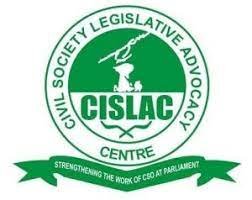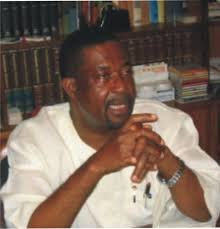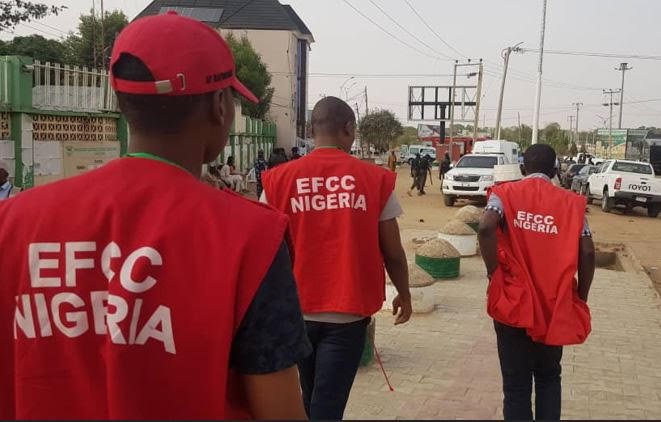As Nigeria marks 26 years of democratic rule, the Civil Society Legislative Advocacy Centre (CISLAC) has raised alarm over what it calls a steady decline in democratic governance under President Bola Tinubu’s administration.
In a statement, Executive Director of the CISLAC, Comrade Auwal Musa Rafsanjani, on Thursday, warns that Nigeria’s democracy is dangerously backsliding, citing entrenched corruption, impunity, weak institutions, and exclusionary governance. He described the country’s democratic institutions as “at their weakest,” plagued by rising authoritarianism and a deepening erosion of public trust.
CISLAC criticised the credibility of Nigeria’s electoral system, citing vote buying, voter suppression, and judicial interference as signs of “political banditry.” The group also decried the lack of ideological direction in political parties, calling them platforms for elite deals and transactional politics.
On corruption, CISLAC said state-level impunity remains unchecked due to weak oversight and compromised assemblies, and called for decentralised anti-corruption efforts.
The organisation faulted the federal government’s handling of insecurity, citing widespread violence and the absence of a people-centred national strategy. It also slammed the removal of fuel subsidies, saying the supposed savings have not translated into tangible benefits for citizens.
CISLAC further raised concerns over shrinking civic space, pointing to the harassment of activists, journalists, and NGOs.
The group urged the Tinubu administration to adopt reforms that strengthen institutions, protect rights, and restore public trust in Nigeria’s democratic system.



